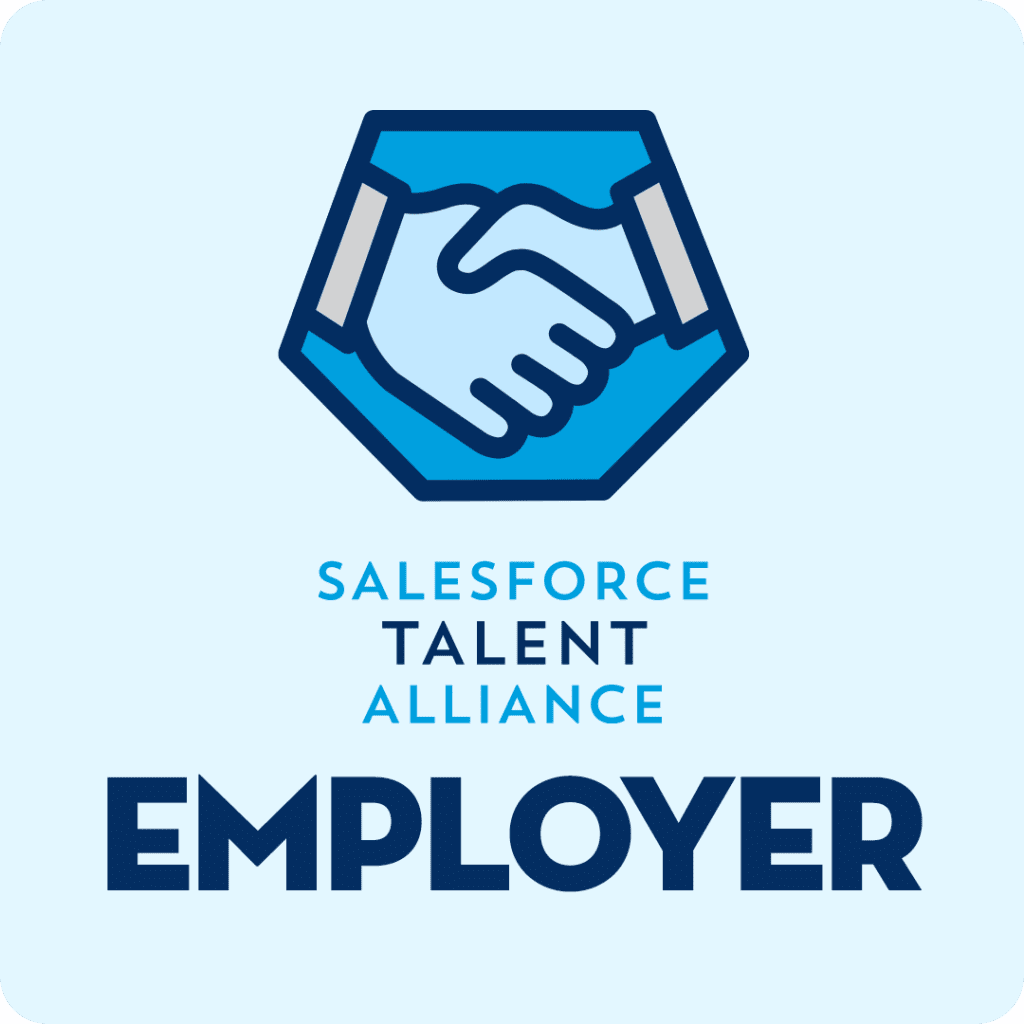New research into the volume of Google searches for excuses to miss work reveals that searches have risen dramatically over the last two years.
Fortune recently reported that The Great Resignation shows no signs of slowing down. So in the context of the return to the office, it’s perhaps not too surprising that employees are searching for excuses they can give to skip work in larger and larger numbers. Across the top 10 most popular different search terms, search volume has increased by 630% from 2018 to 2022.
Presenting new data and original expert insight, we have collated the 10 most popular Google searches over the five years alongside tips on how business can keep their employees meaningfully engaged so that they won’t want to seek excuses to miss work.
Search Terms | Total 2018 | Total 2019 | Total 2020 | Total 2021 | Total 2022 | Total Searches 2018-2022 |
calling in sick | 59,400 | 73,200 | 33,000 | 261,530 | 385,780 | 812,910 |
best excuses for missing work | 34,800 | 31,300 | 4,800 | 459,270 | 246,500 | 776,670 |
excuses to miss work | 52,800 | 52,800 | 48,800 | 177,050 | 219,180 | 550,630 |
excuse to miss work | 640 | 0 | 0 | 216,080 | 304,910 | 521,630 |
excuses for missing work | 3,320 | 0 | 0 | 174,250 | 241,430 | 419,000 |
realistic excuses for missing work | 0 | 0 | 0 | 173,910 | 234,870 | 408,780 |
good excuses to miss work | 69,600 | 33,000 | 0 | 96,640 | 147,220 | 346,460 |
best excuses to miss work | 17,540 | 31,300 | 4,800 | 104,950 | 153,320 | 311,910 |
believable excuses for missing work | 5,910 | 0 | 0 | 111,740 | 168,730 | 286,380 |
calling out sick | 61,580 | 19,800 | 21,000 | 88,760 | 128,300 | 319,440 |
Cumulative Totals | 305,590 | 241,400 | 112,400 | 1,864,180 | 2,230,240 | 4,753,810 |
Frank Recruitment Group President of Americas Rowan O’Grady commented, “seeing search volumes jump so drastically across the board in 2021 is definitely interesting. It seems to coincide with the beginning of the return to office, which tells us that this hasn’t been the easiest transition for everybody. The important thing, of course, is not to try and “go back to normal” but to go forwards to a healthier tomorrow”.
Discussing why people might be searching for excuses they can give for missing work, wellness coach and organizational development strategist Dr. Shané P. Teran of SP Consulting spoke about the importance of communication and de-stigmatizing absence in the workplace. She put it that those who are looking for excuses for missing work are likely “feeling that they do not have a supervisor or organization culture in which they can freely take time off without being met with ridicule or challenge”.
Dr. Teran also emphasized that the return to office requires care from employers. “A number of people are not experiencing the grace and understanding from employers that they need, which leads to a resolve of faking it but escaping by any means necessary. People are needing to take more time off in order to manage the long-lasting stressors that come with readjustment”. It’s also true that employers are readjusting, often with the result that “workloads are higher, more deadlines are fixed, and the overall culture of self-care is spoken, yet not often enforced and supported”.
A number of people are not experiencing the grace and understanding from employers that they need.
Dr. Shané P. Teran, SP Consulting Tweet
So what should employers be looking to do to better support employees so they won’t be looking for ways to miss work? Dr. Teran suggests that while many businesses have already taken strides “to create new operating procedures, engagement resources, and redesigned work settings”, the key to long-term, meaningful change is balance. “Employers must find a balance,” she says, “amongst competing interests – revenue recovery and employee wellbeing”.
Practical suggestions to move towards this include hiring for more roles where possible so that workloads become more manageable across teams, pursuing digital transformation and automation in order to improve organizational workflow, and ensuring quality management of wellness support schemes. Involving staff in co-design processes for these kinds of measures is particularly worthwhile and effective. If employees can play a part in ideation and even implementation, they’re more likely to feel seen, heard, and therefore engaged.
Methodology
The search volume data comprising this dataset was collected through initial research using keyword research tools and corresponds to searches conducted on Google within the US. A longlist of associated search terms was collected, analyzed and organized before further research was conducted to determine monthly search volumes from 2018 to 2022. Data analysis considered monthly, yearly, and cumulative search volume totals.











